Home>Garden Essentials>How Long Does It Take For Eggplant To Germinate?


Garden Essentials
How Long Does It Take For Eggplant To Germinate?
Modified: March 16, 2024
Learn how long it takes for eggplant seeds to germinate in your garden and start growing delicious vegetables. Discover the ideal conditions for successful eggplant germination.
(Many of the links in this article redirect to a specific reviewed product. Your purchase of these products through affiliate links helps to generate commission for Storables.com, at no extra cost. Learn more)
Introduction
Welcome to the world of gardening! Whether you’re a seasoned green thumb or a novice eager to embark on your first gardening adventure, understanding the germination process of different plants is essential. In this article, we will delve into the fascinating world of eggplant germination.
Eggplants, also known as aubergines, are a versatile and delicious vegetable that can be grown in home gardens or even in containers. Starting from seeds is a cost-effective and rewarding way to grow eggplants, but it’s important to have a good understanding of the germination process to ensure successful growth.
Germination is the process by which a seed develops into a plant. It starts when the seed absorbs water and swells, breaking through its outer coat. The embryo inside the seed is then activated, and roots and shoots begin to emerge. Understanding the factors that affect germination and providing optimal conditions can greatly improve the success rate of your eggplant seeds’ germination.
In this article, we will explore the factors that influence eggplant seed germination, provide tips on creating the best conditions for germination, and give you an estimate of how long it takes for eggplant seeds to germinate. So, let’s dive in and discover the secrets of eggplant germination!
Key Takeaways:
- Eggplant seeds take 7 to 14 days to germinate, but factors like temperature and seed quality can affect the timeframe. Patience and proper care are key to successful eggplant seed germination.
- Providing optimal conditions like warmth, moisture, and soil quality greatly increases the chances of successful eggplant seed germination. Starting seeds indoors and using bottom heat can create an ideal environment for sprouting.
Understanding the Germination Process of Eggplant Seeds
Before we discuss the factors that influence eggplant seed germination, let’s take a closer look at the process itself. Eggplant seeds are composed of an outer protective coating, called the seed coat, and an embryo inside. This embryo contains the genetic material necessary for the development of a new plant.
The first step in the germination process is water absorption. When you provide adequate moisture to the eggplant seeds, they start to imbibe water, causing the seed coat to soften and expand. This allows the embryo to access the nutrients stored in the seed and initiate growth.
Once the seed coat is sufficiently hydrated, the embryo becomes activated. As a result, the root, known as the radicle, starts to emerge from the seed. The radicle serves as the anchor for the growing plant and will eventually develop into the root system.
Simultaneously, the shoot, or the plumule, starts to push through the soil’s surface. The shoot consists of the primary leaves, or cotyledons, which provide the initial energy for the plant until it can produce its own through photosynthesis.
As the roots and shoot continue to grow, the seed coat gradually falls away or gets pushed up through the soil. The young seedling now relies on its ability to photosynthesize to sustain itself and continue its development into a mature eggplant plant.
Understanding this germination process is crucial because it provides insights into the factors that can either promote or hinder successful eggplant seed germination.
Factors Affecting the Germination of Eggplant Seeds
Several factors can impact the germination of eggplant seeds. By understanding and managing these factors, you can create optimal conditions for successful seed germination. Let’s explore the key factors that influence the germination process:
- Temperature: Eggplant seeds require warm soil temperatures to germinate. The optimal range is between 80-90°F (27-32°C). If the soil is too cold, germination may be delayed or unsuccessful. Using a heating mat or starting seeds indoors can help maintain the ideal temperature.
- Moisture: Adequate moisture is essential for seed germination. However, excessive moisture can lead to rot or fungal diseases. Ensure that the soil is consistently damp but not waterlogged. Regularly check the moisture level and adjust watering accordingly.
- Light: Eggplant seeds do not require light to germinate. In fact, they germinate best in darkness. Once the seedlings emerge from the soil, provide ample light to ensure healthy growth.
- Seed Quality: High-quality seeds have a higher germination rate. It is important to source seeds from reputable suppliers to ensure their viability. Look for seeds that are plump, firm, and free from cracks or damage.
- Seed Depth: Planting seeds at the correct depth is crucial. Eggplant seeds should be sown about ¼ inch (6 mm) deep in well-draining soil. Planting too shallow or too deep can hinder germination.
- Air Circulation: Good airflow is important to prevent the buildup of excess moisture around the seeds. Adequate ventilation can reduce the risk of fungal diseases and promote healthy germination.
By paying attention to these factors and making necessary adjustments, you can greatly increase the chances of successful eggplant seed germination. Now that we understand the factors that affect germination let’s discuss the optimal conditions for germinating eggplant seeds in the next section.
Optimal Conditions for Eggplant Seed Germination
Creating the optimal conditions for eggplant seed germination is crucial for successful outcomes. By providing the right environment, you can give your seeds the best chance of sprouting and developing into healthy seedlings. Here are the key factors to consider:
- Temperature: Eggplant seeds thrive in warm temperatures. It is recommended to maintain a soil temperature between 80-90°F (27-32°C) for optimal germination. You can use a seedling heat mat to provide consistent warmth or start the seeds indoors in a controlled environment.
- Moisture: Keep the soil consistently moist but not waterlogged. Avoid overwatering, as it can lead to rot or fungal diseases. It is beneficial to water from the bottom or mist the soil surface to maintain moisture levels without disturbing the seeds.
- Light: Eggplant seeds germinate best in darkness. Ensure that you cover the seeds with a thin layer of soil or use a blackout dome or dark cloth to block out the light until the seedlings emerge. Once they do, provide ample light to promote healthy growth.
- Soil: Eggplants prefer well-draining soil with a slightly acidic pH level between 6.0 and 6.8. Use a high-quality seed starting mix or create a blend of compost, peat moss, and perlite to provide a loose and well-aerated growing medium.
- Seed Depth: Plant eggplant seeds at a depth of approximately ¼ inch (6 mm). This ensures proper moisture absorption without being buried too deep. Gently press the soil on top of the seeds to ensure good seed-to-soil contact.
- Humidity and Air Circulation: While the soil should be kept moist, it is important to maintain good airflow around the seeds. This helps prevent fungal diseases and encourages robust germination. Use a fan or provide adequate ventilation in the germination area.
By providing the optimal conditions of temperature, moisture, light, soil, seed depth, and air circulation, you can maximize the chances of successful eggplant seed germination. Remember to monitor these factors closely and make adjustments as needed to ensure the best possible outcomes.
Now that we know the optimal conditions, let’s discuss how long it takes for eggplant seeds to germinate.
Eggplant seeds typically germinate in 7-14 days when kept in warm, moist soil. To speed up the process, you can soak the seeds in water for 24 hours before planting.
Germination Timeframe of Eggplant Seeds
The germination timeframe of eggplant seeds varies depending on various factors, including the specific variety, environmental conditions, and seed quality. On average, eggplant seeds can take anywhere from 7 to 14 days to germinate, but it is important to note that germination can sometimes take longer.
The temperature plays a significant role in the germination period. If the soil temperature is on the lower end of the optimal range (around 80°F or 27°C), germination may take a bit longer. Conversely, if the soil temperature is at the higher end (around 90°F or 32°C), germination may occur more quickly.
It is also worth considering the seed coat thickness. Some eggplant varieties have thicker seed coats, which can slow down the germination process. Scarifying the seeds, by gently rubbing them against sandpaper or soaking them in water for a few hours, can help break down the seed coat and promote quicker germination.
Additionally, the freshness and quality of the seed are crucial factors. High-quality seeds from reputable suppliers have a higher germination rate and tend to sprout more quickly. Always check the expiration date on the seed packet and choose fresh seeds for the best results.
While waiting for your eggplant seeds to germinate, it is essential to maintain the optimal growing conditions we discussed earlier. Keep the soil consistently moist but not soggy, provide sufficient warmth, ensure proper ventilation, and protect the seeds from excessive light until the seedlings emerge.
Remember that germination is a gradual process, and it can take patience to see the first signs of growth. Be observant and check your seeds regularly for any signs of sprouting. Once the seedlings emerge, they will continue to grow and develop into healthy eggplant plants under the right care and conditions.
Now that we know the germination timeframe, let’s move on to the next section to discover some tips for promoting a successful germination of eggplant seeds.
Read more: How Long Does It Take For Mint To Germinate?
Tips for Promoting Successful Germination of Eggplant Seeds
If you’re eager to promote the successful germination of your eggplant seeds, here are some valuable tips to follow:
- Select High-Quality Seeds: Choose fresh and high-quality eggplant seeds from reputable suppliers. Check the expiration date and opt for varieties that are known for good germination rates.
- Pre-Soak or Scarify Seeds: Some varieties of eggplant have hard seed coats that can benefit from scarification. Gently sanding the seed coat or soaking the seeds in tepid water for a few hours can help soften the tough outer shell and encourage faster germination.
- Start Indoors: Consider starting your eggplant seeds indoors, especially if you live in a region with a short growing season. This allows you to provide optimal conditions, including consistent warmth and moisture, during the critical germination stage.
- Use Bottom Heat: Providing bottom heat, such as using a seedling heat mat, can help maintain the optimal soil temperature for germination. It mimics the warmth of the sun and promotes faster and more reliable seed sprouting.
- Label Seed Trays: Keep track of the varieties you are planting by labeling each seed tray or container. This will allow you to monitor the germination progress accurately and make any necessary adjustments based on individual variety needs.
- Keep Soil Moist: Keep the soil consistently moist during the germination process. Mist the top layer of soil or water from the bottom to avoid disturbing the seeds. Monitor the moisture level regularly and adjust watering as needed.
- Provide Sufficient Light: Once the seedlings emerge, ensure they receive ample light to promote healthy growth. Place them in a sunny location or provide supplemental grow lights if growing them indoors.
- Protect Seedlings from Cold: Eggplant seedlings are sensitive to cold temperatures. If you’re transplanting them outdoors, wait until the danger of frost has passed and the soil has warmed up. Consider using row covers or cloches to protect the young plants during cool evenings.
- Transplant with Care: When it’s time to transplant your eggplant seedlings into the garden, handle them gently to avoid damaging the delicate roots. Ensure the planting hole is wide enough to accommodate the root system and fill it in with soil, pressing lightly to eliminate air pockets.
- Maintain Consistent Care: Once your eggplant seeds have germinated and the seedlings are growing, continue providing consistent care. Water deeply but infrequently, provide support as the plants grow taller, and monitor for any signs of pests or diseases.
By following these tips, you can help promote successful germination and ensure robust growth of your eggplant seeds. Remember that each variety may have specific requirements, so it’s always beneficial to refer to the seed packet or trusted gardening resources for additional guidance.
Now armed with these tips, you’re ready to embark on the journey of growing your own eggplant plants from seeds!
Conclusion
In conclusion, understanding the germination process of eggplant seeds is essential for successful gardening. By providing the optimal conditions of temperature, moisture, light, soil, and air circulation, you can greatly increase the chances of successful germination.
Factors such as temperature, moisture levels, and the quality of the seeds can significantly influence the germination timeframe of eggplant seeds. On average, eggplant seeds take around 7 to 14 days to germinate, but this can vary depending on various factors.
To promote successful germination, it is important to select high-quality seeds, consider pre-soaking or scarifying if needed, and provide consistent warmth and moisture. Starting your eggplant seeds indoors and using bottom heat can help create an ideal germination environment.
Once your eggplant seeds have germinated, continue to provide care by ensuring they receive sufficient light, protecting them from cold temperatures, and transplanting them carefully into the garden. Maintaining consistent care, such as watering, supporting the plants, and monitoring for pests and diseases, will help your eggplant seedlings thrive and grow into healthy plants.
Remember that gardening is a journey, and patience is key. Not all seeds may germinate at the same time, but with proper care and attention, you will be rewarded with beautiful eggplant plants that will provide you with a bountiful harvest.
So go ahead and embark on your eggplant growing adventure. Enjoy the process, experiment with different varieties, and savor the satisfaction of growing your own delicious eggplants right in your own garden!
Frequently Asked Questions about How Long Does It Take For Eggplant To Germinate?
Was this page helpful?
At Storables.com, we guarantee accurate and reliable information. Our content, validated by Expert Board Contributors, is crafted following stringent Editorial Policies. We're committed to providing you with well-researched, expert-backed insights for all your informational needs.
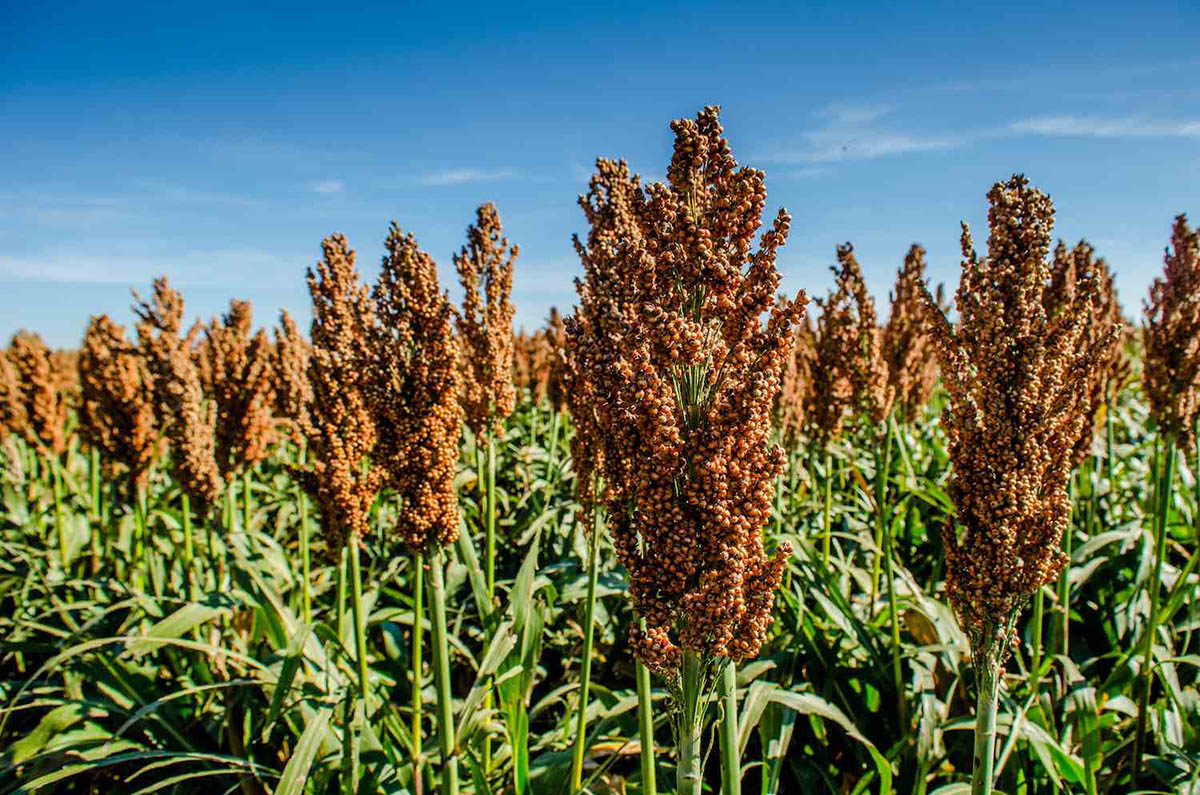




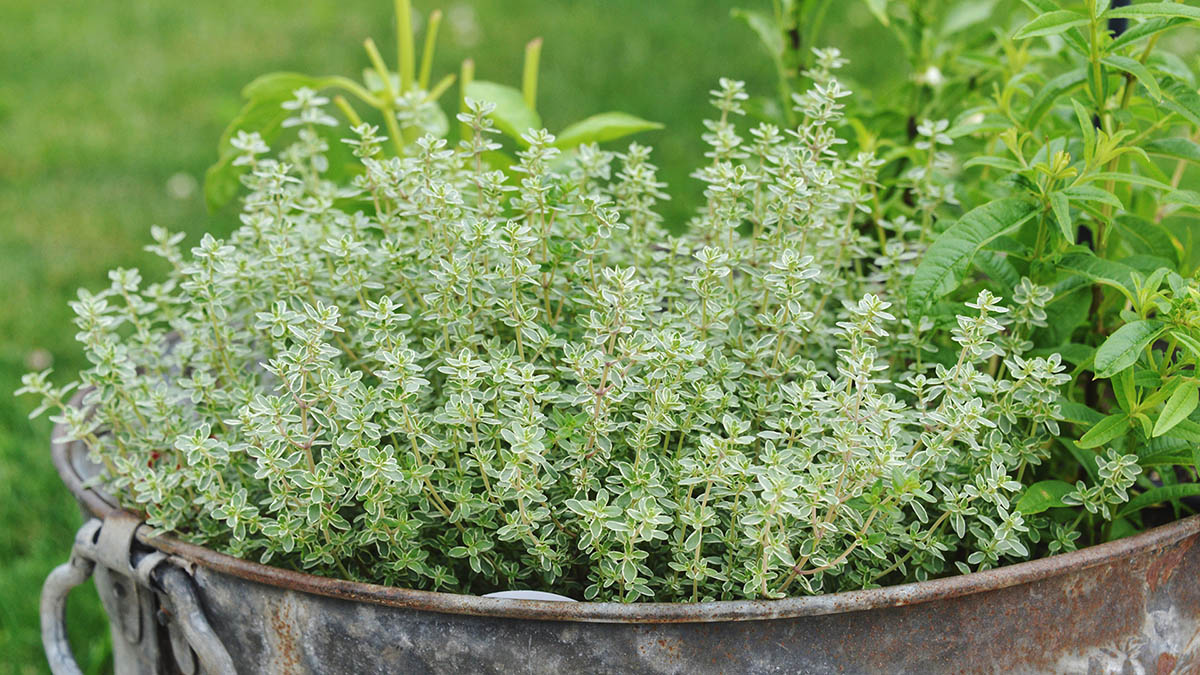
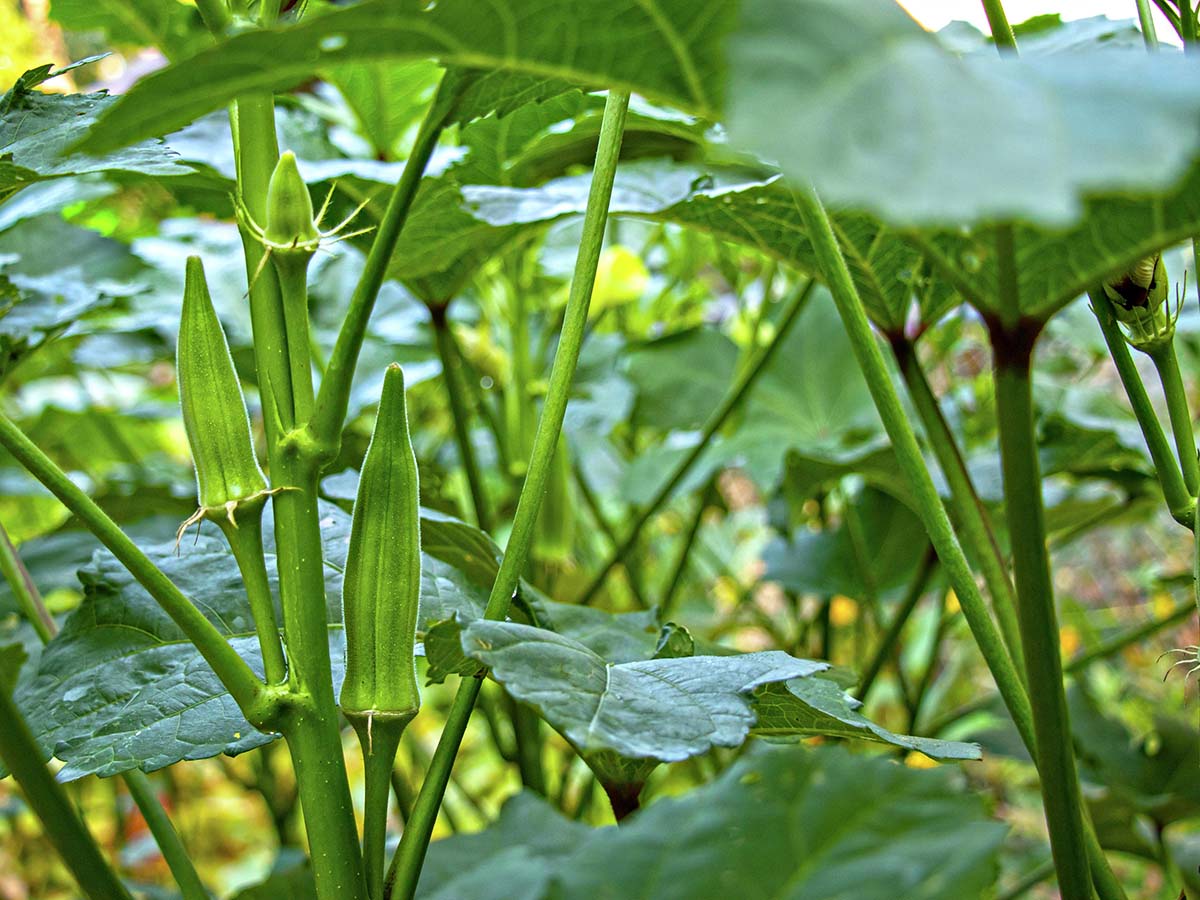

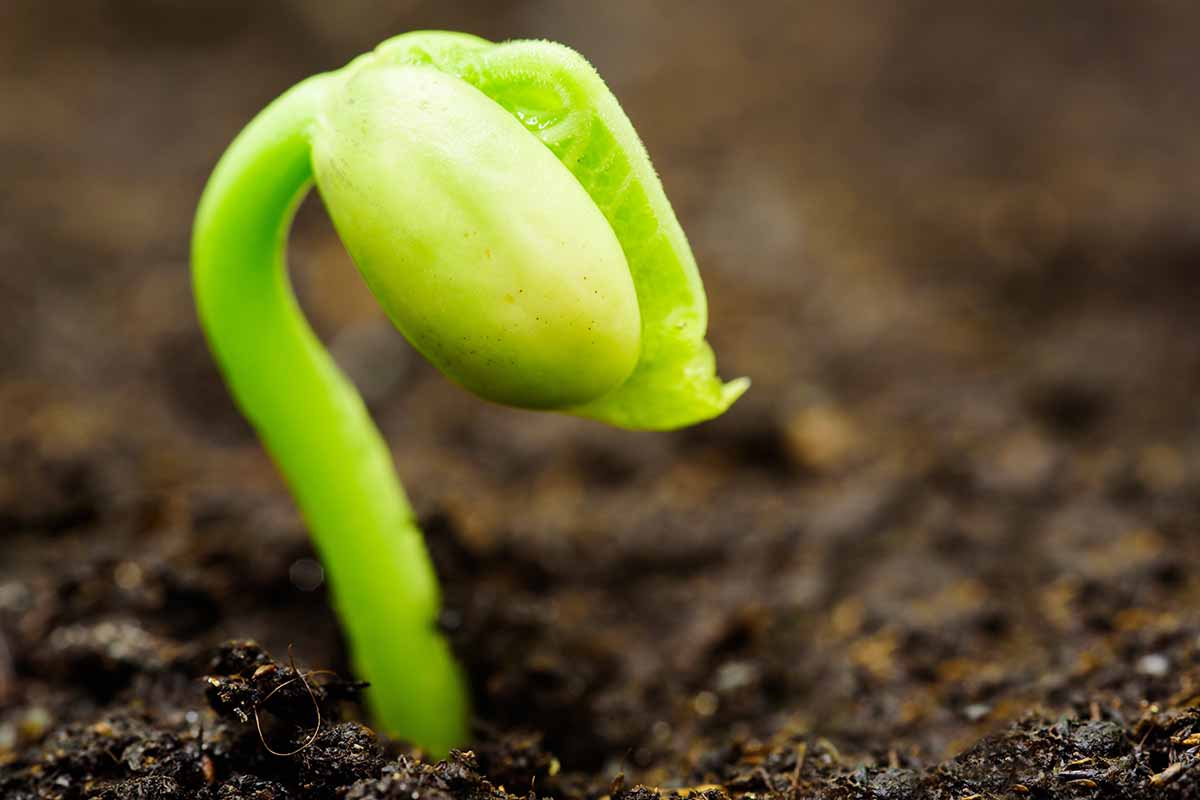
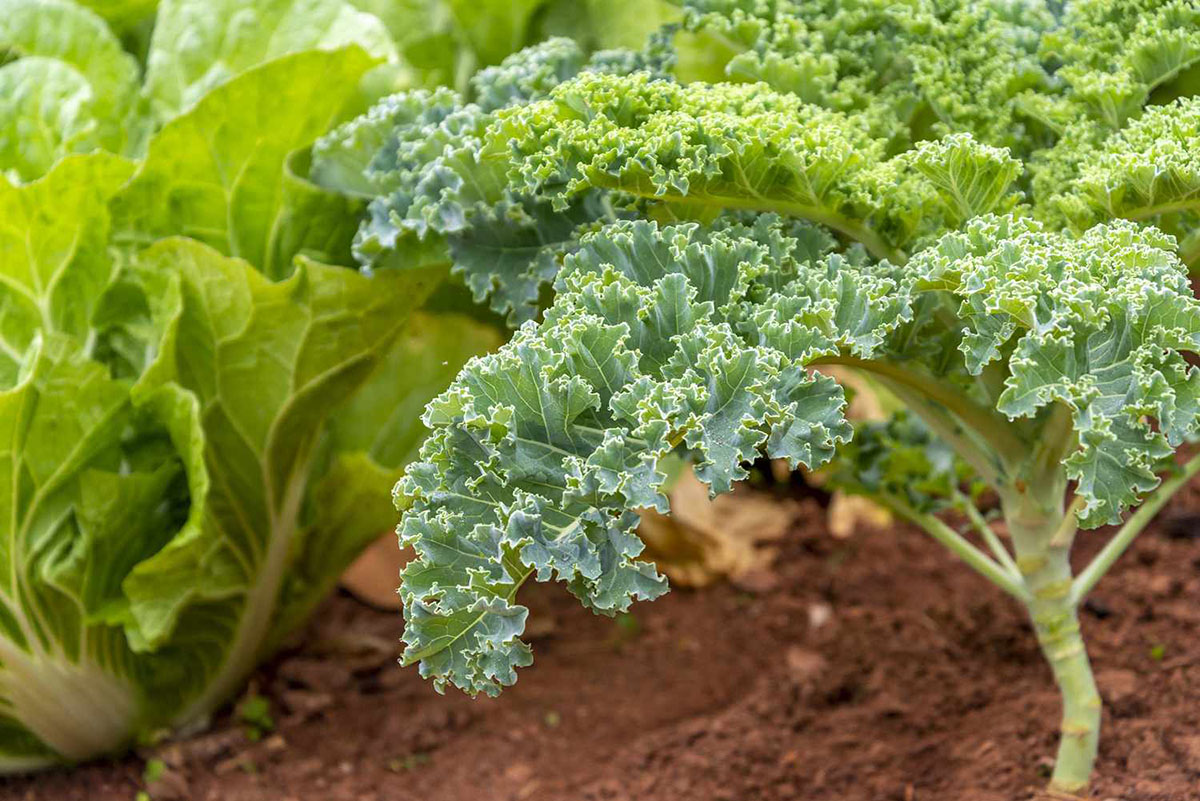





0 thoughts on “How Long Does It Take For Eggplant To Germinate?”